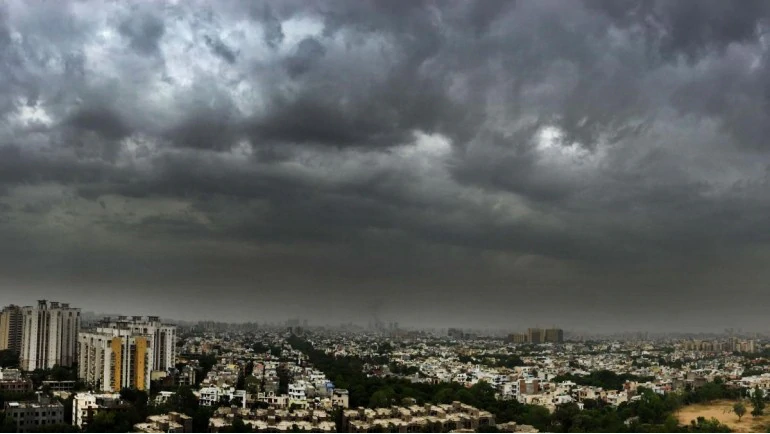(Feature Image: Loktak fishers holding meeting at Champu Khangpok floating island village. Photo Credit: Vikalp Sangam)
World Wetland Day (WWD) is celebrated on February 2 annually to signify the environmental as well as socio-economic services and benefits provided by the wetlands both natural and man-made water bodies including rivers, lakes, ponds, reservoirs, swamps, marshlands deltas, coral reefs and mangroves. The theme of WWD 2024 is ‘Wetlands and Human Wellbeing’.
Ramsar Wetlands Convention selects Wetlands of International Importance, basically depending on nominations of the respective national governments and includes them under what is also known as the Ramsar List. However, it is not clear what exactly the Ramsar does for the protection of such designated wetlands. There are currently 75 Ramsar wetlands in India. In fact, the Ramsar sites have seen nearly a three-fold rise in the country in the past eight years decade (26 in 2014 to 75 in 2022). The complete list of 75 Ramsar wetlands in India can be seen here. The state of large number of these designated Ramsar Wetlands is pretty sad for years and decades and deteriorating, but it is not known if Ramsar convention is doing anything in this regard.
Continue reading “WWD 2024: Top Ten Ramsar Wetland stories from India: Participatory Decision Making needed but totally absent”








